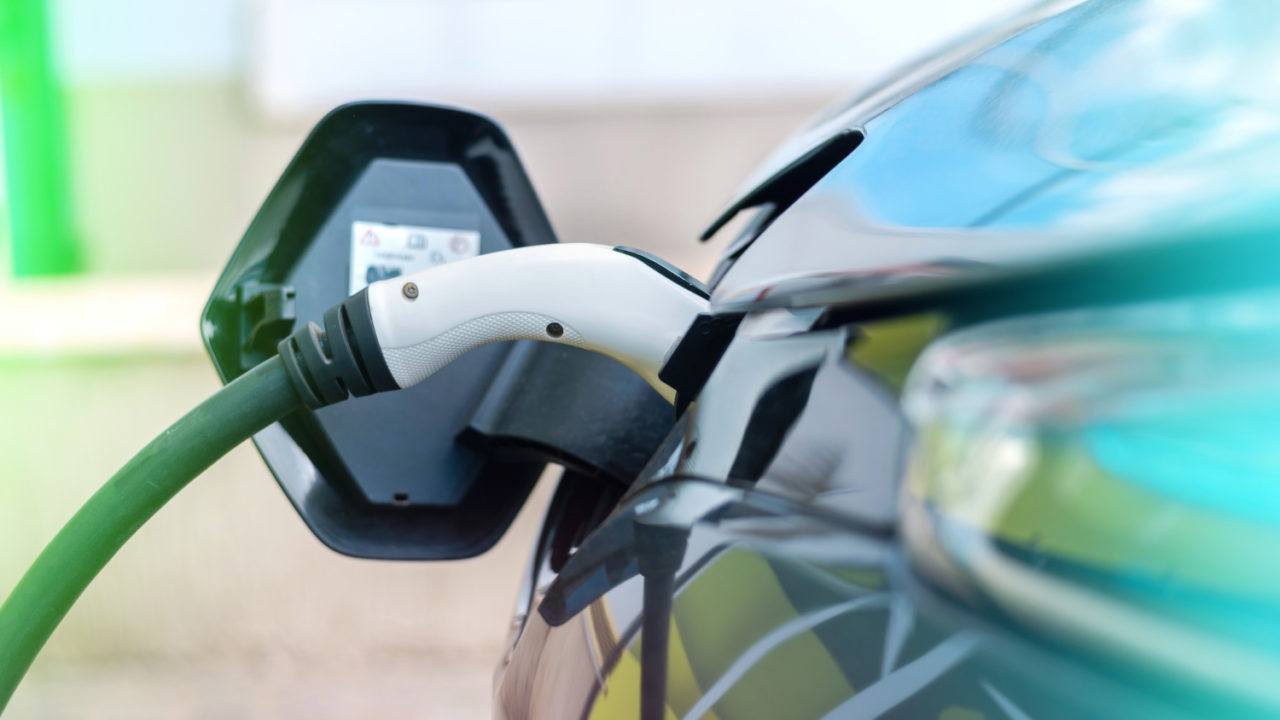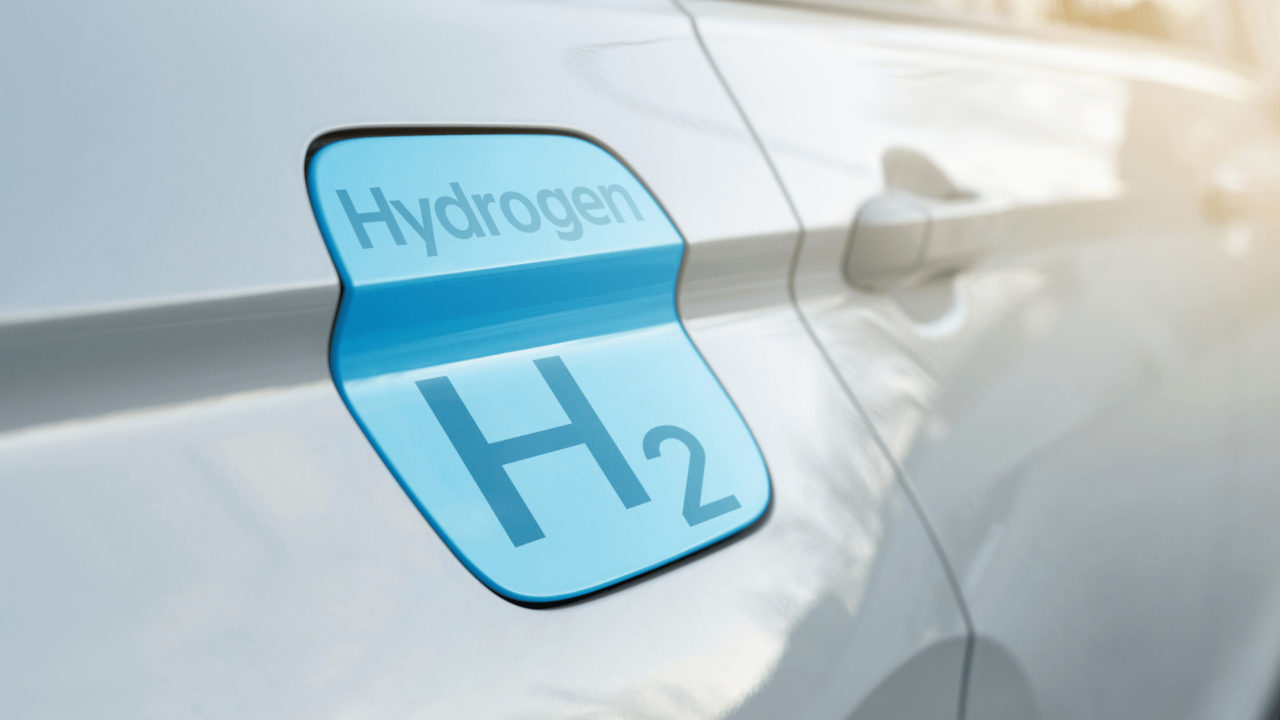
While battery-electric cars are seeing rapidly growing sales and are widely seen as the future of emissions free vehicles, hydrogen cars are still somewhat overlooked.
Many question why someone would pick a hydrogen vehicle over a fuel cell vehicle when comparing hydrogen cars and battery electric automobiles. The efficiency of electric cars (EVs) surpasses that of their gasoline-powered counterparts. The energy loss from an electric drive system (EV) is only 15% to 20%, while that from a gasoline engine is 64% to 75%.
Additionally, EVs use regenerative braking, which recovers and repurposes energy wasted during braking while idling the engine. Depending on drive cycle, EV efficiency ranges from 60% to 73%. However, if the energy recaptured from regenerative braking is counted, EVs are 77% to 100% efficient.
Energy loss occurs in all types of cars, including those with internal combustion engines, electric drives, and hybrids.

No matter what kind of vehicle is driven, energy is lost. Given that electric vehicles draw their power straight from the grid, it is reasonable to conclude that they would not fall under that category. Nevertheless, there is still a 15% to 20% energy loss in an electric vehicle’s drive system. Refueling a hydrogen car is virtually as quick as filling up with gasoline or diesel because the processes are so similar. Filling a tank takes about five minutes. This is undoubtedly an advantage over the long waiting times when charging an electric vehicles.
However, the current infrastructure is a major factor in the sluggish adoption of hydrogen-powered vehicles. For example, according to UK H2 Mobility, there are currently 11 hydrogen stations open in the UK. This is obviously far less than the amount of petrol stations and public EV charge points but more hydrogen filling stations are planned. For the time being, however, it is evidently impractical for many people to live without a nearby filling station.

Hydrogen-powered vehicles offer superior sustainability mainly due to no long-term mining involved or large battery waste/recycling, evolving green production development, storage capability and zero emissions. Hydrogen cars also offer many benefits to consumers, such as quieter operation due to fewer vibrations from the fuel cell, and much faster refueling times compared to electric vehicles. This makes them an attractive option for those looking for a vehicle that provides both convenience and environmental sustainability.
ALSO READ HYDROGEN CARS ARE A POSSIBILITY. BUT WHEN?

Universal Kraft and Universal H2 collaborate on green hydrogen solutions to maximize renewable energy’s decarbonization potential. Discover our solutions here.




